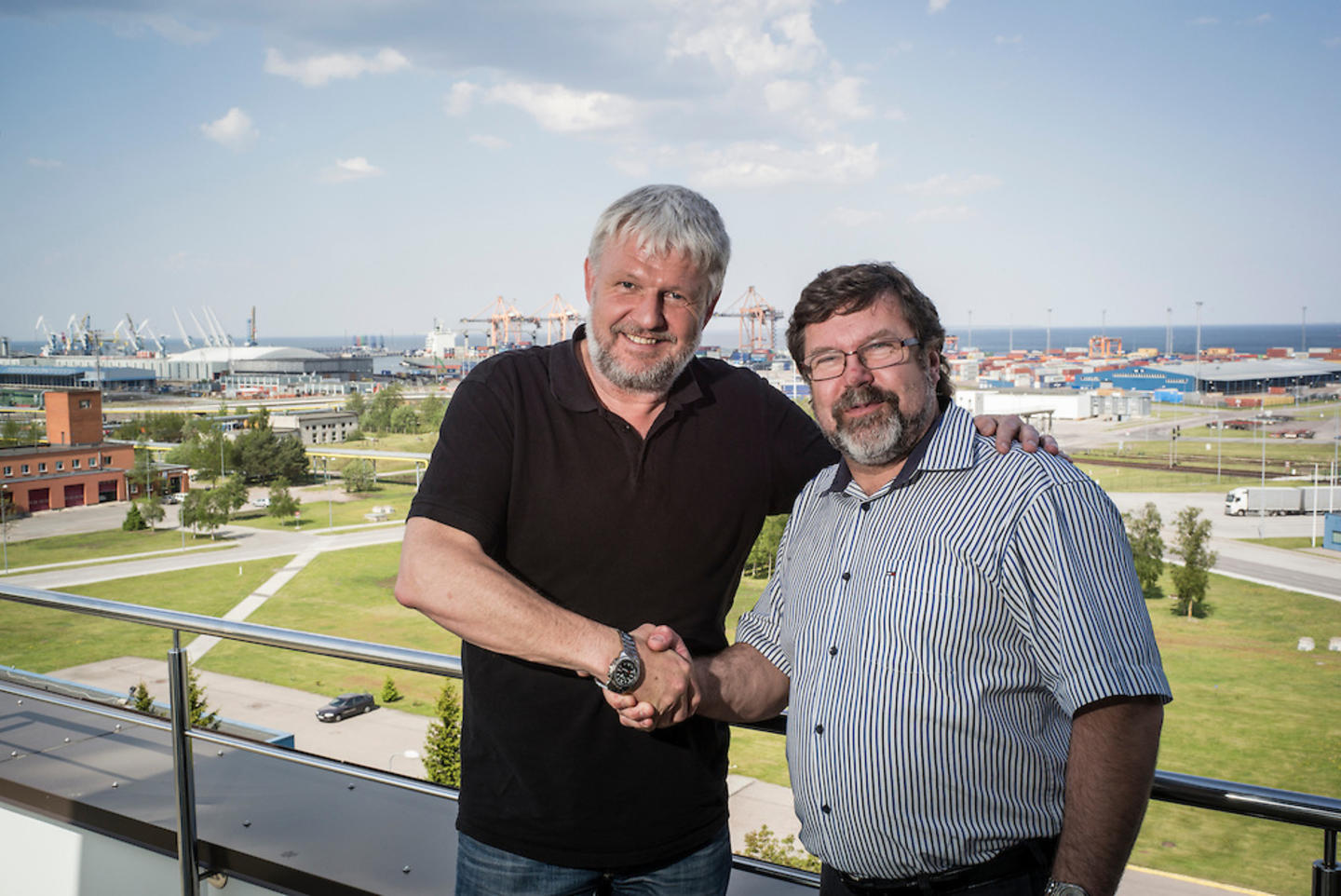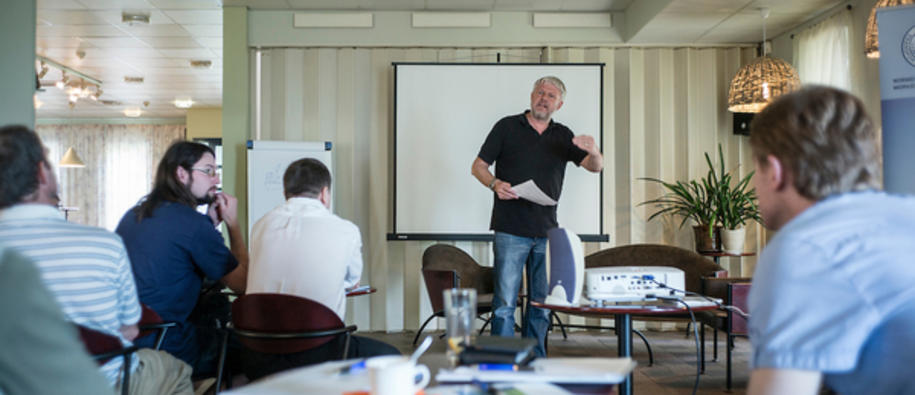A recent EU report on industrial relations reveals that industrial relations in many of the beneficiary countries of Central and Eastern Europe remain weak and fragmented. Tripartite dialogue is a relatively new idea in many of the beneficiary countries.
In Estonia, Norway Grants ‘Global Fund for Decent Work and Tripartite Dialogue’ supports three projects, including a sector-based project focusing on Estonian ports. The objective of this project is to promote greater tolerance and trust, in order to reach collective agreements to support decent work. The project is implemented by the Estonian Seamen’s Independent Union and the Norwegian Transport Workers Federation (NTF).
"We’ve received practical advice on what to avoid in negotiations with employers, how to achieve recognition and how to put a union structure in place that includes collective agreements,” Lember explains.
Increasing interest
The Estonian Seamen’s Independent Union organise both seamen and dockers – many of them from the Russian-speaking community in Estonia. The EISU has experienced large fluctuations in the number of unionised workers over the years, but recently the numbers have been rising, reaching around 2400 members. Lember sees a trend of greater interest in the EISU and unionisation in general:
“There is a more positive perception of trade unions in Estonia, but there is still a long way to go. We are working towards creating a stronger structure for social dialogue – not just on paper, but also in practice. Workers generally want collective agreements.”
Terje Samuelsen, Vice President in the Norwegian Transport Workers Federation (NTF), agrees with Lember’s notion. Although the Estonian trade union density rate is low (8,1 % according to the latest figures from OECD), Samuelsen is optimistic about the long-term prospects of EISU:
“We provide a fundamental understanding on how the tripartite dialogue should look like in practice and how to reach collective agreements. But it is important to be aware that the establishment of structures for social dialogue takes time. Moreover, the employer side must also show greater interest and this is lacking at the moment in Estonia.”
Promoting social partnership
At Muuga Harbour, the largest cargo port in Estonia, Samuelsen is sharing his experiences and knowledge from social dialogue in Norway. The main objective of the seminar is to train local union leaders to improve their negotiation and bargaining skills. He underlines that the cooperation is also relevant from a Norwegian viewpoint:
“This project is important for us as well. When members of the Estonian Seamen’s Independent Union visited the Dockers Union in Kristiansand it gave us important insight, especially for our younger members. It shows that we cannot take our rights for granted.”
Samuelsen’s message is unequivocal:
“We stand stronger together than alone.”
About the project
Norway provides €33 000 to this project.
Read more about the project here
Read more about the Global fund for decent work and tripartite dialogue here

